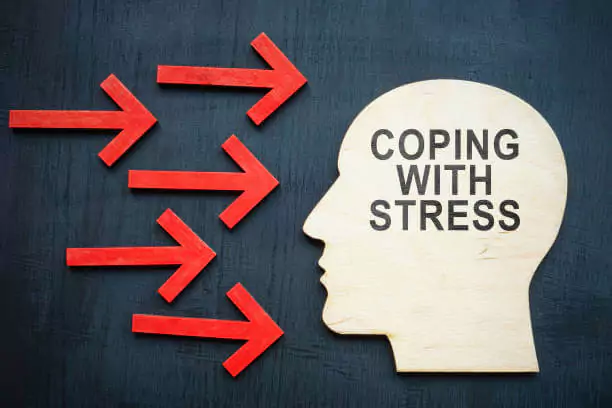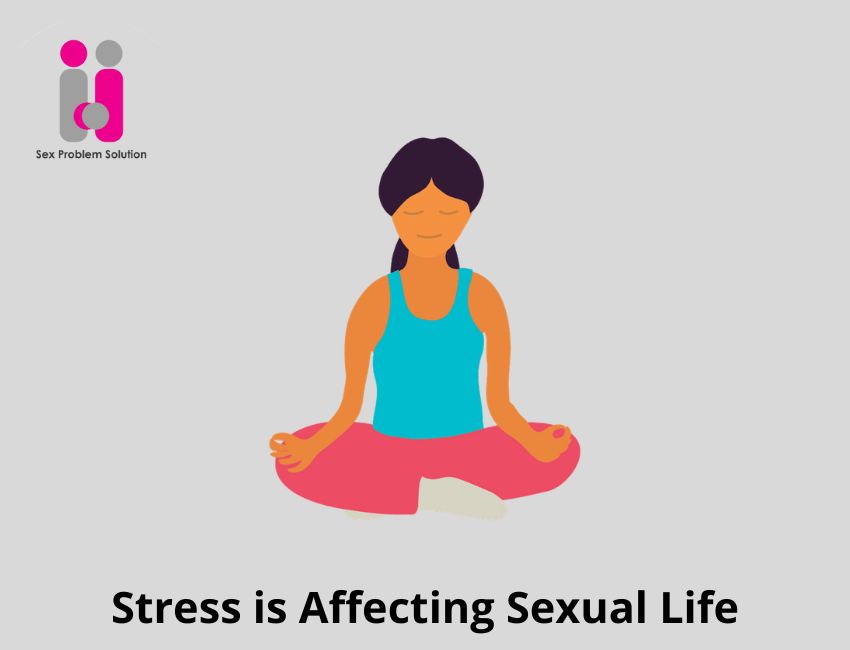Sex Problems, Sexual Problems
Want To Know How Stress is Affecting Sexual Life?
Stress is an ever-present part of our lives, and it can manifest in various ways, affecting not only our mental and physical well-being but also our relationships and intimate experiences. In this article, we delve deep into the intricate relationship between stress and sexual life. Understanding how stress impacts our sexual health is crucial for maintaining a fulfilling and satisfying intimate life.
The Stress-Sex Connection
Stress is a natural response that our bodies have developed to cope with challenging situations. However, chronic stress, which many of us experience in today’s fast-paced world, can wreak havoc on various aspects of our lives, including our sexual health. Let’s explore how stress can influence our sexual life in intricate ways.
1. Diminished Libido
One of the most common ways stress affects our sexual life is by diminishing our libido. When stress levels are high, the body prioritizes survival over reproduction. This means that the brain sends signals to reduce sexual desire, making it challenging to get in the mood for intimacy.
2. Erectile Dysfunction and Performance Anxiety
For men, chronic stress can lead to erectile dysfunction (ED) and performance anxiety. The release of stress hormones like cortisol can constrict blood vessels, making it difficult to achieve and maintain an erection. This, in turn, can create a cycle of anxiety and further exacerbate the issue.
3. Premature Ejaculation
On the other hand, stress can also contribute to premature ejaculation in men. The heightened state of stress can lead to a quicker climax, leaving both partners unsatisfied.

4. Vaginal Dryness and Painful Intercourse
Women are not immune to the effects of stress on their sexual health. Stress can lead to vaginal dryness, making intercourse uncomfortable or even painful. This can negatively impact a woman’s desire for intimacy.
Coping with Stress for a Better Sexual Life
Now that we’ve explored how stress can affect our sexual life, it’s essential to discuss strategies for coping with stress to ensure a more satisfying and fulfilling intimate relationship.

1. Stress Management Techniques
Engaging in stress management techniques such as meditation, deep breathing exercises, and yoga can significantly reduce stress levels. These practices promote relaxation and help break the cycle of stress affecting your sexual health.
2. Open Communication
Effective communication with your partner is key to addressing the impact of stress on your sexual life. Discuss your feelings, concerns, and anxieties openly. This can create a supportive environment and strengthen your emotional connection.
3. Prioritize Self-Care
Taking care of your physical and mental well-being is essential. Ensure you get enough sleep, maintain a balanced diet, and engage in regular exercise. These practices can boost your overall health and help manage stress more effectively.
4. Professional Help
In some cases, chronic stress may require professional intervention. Consulting a therapist or counselor can provide you with valuable coping strategies and techniques to manage stress and improve your sexual life.
The Bottom Line
Stress is a formidable force that can affect every aspect of our lives, including our sexual health and intimate relationships. Understanding how stress impacts our libido, performance, and overall sexual satisfaction is the first step toward combating these negative effects. By adopting stress management techniques, fostering open communication, prioritizing self-care, and seeking professional help when needed, you can reclaim a fulfilling and satisfying sexual life.
FAQs (Frequently Asked Questions)
Q1. Can work stress affect women’s sexual health as well?
Yes, work stress can affect both men and women, leading to sexual difficulties such as decreased libido, difficulties with arousal, and overall dissatisfaction with their sex life.
Q2. How can I create a work-life balance that supports a healthy sex life?
Creating a work-life balance involves setting boundaries, prioritizing self-care, and finding time for relaxation and intimacy with your partner.
Q3. Are there specific relaxation techniques that can help manage work-related stress and improve sexual well-being?
Effective relaxation techniques include mindfulness, deep breathing exercises, yoga, and regular physical activity.
Q4. When should I seek professional help for work-related stress and its impact on my sex life?
If work-related stress is significantly affecting your emotional well-being, relationships, and sexual health, it may be beneficial to consult a mental health professional who specializes in stress management and relationship issues.
Q5. Can addressing work-related stress lead to improvements in other areas of my life?
Absolutely. Effective stress management can have a positive ripple effect on your overall health, relationships, and quality of life.

